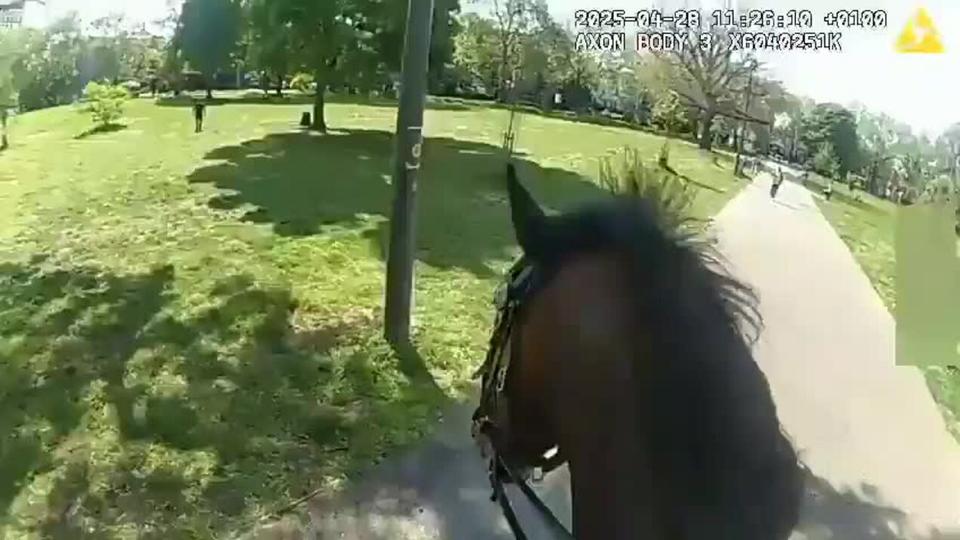Obligations of Animal Owners
Animal owners must care for their animals in a responsible and humane manner, and must comply with the following requirements:
Provide secure and suitable animal housing appropriate to the type and species of the animal. The facility must be adequately sized for the animal’s living needs and must include proper food, clean water, lighting, ventilation, a drainage system, and hygienic waste disposal.
Maintain the cleanliness of the animal housing at all times. Waste must be disposed of in a sanitary manner regularly. The accumulation of waste that causes foul odours and disturbs nearby residents is strictly prohibited.
Ensure animals are properly vaccinated to prevent the spread of diseases. If there is reasonable suspicion that an animal may carry a disease harmful to public health, the owner must isolate the animal and notify the registering authority or the Public Veterinary Health Office under the BMA’s Health Department. The owner must also comply with the instructions of a licensed veterinarian.
Keep animals within the designated housing premises. Animals must not be left outside without supervision. Dangerous animals must be confined in secure enclosures inaccessible to the public, with clearly visible warning signs.
Allow animals to express natural behaviours to an appropriate extent.
Prevent the animal from causing harm or nuisance to others.
In the event of an animal’s death, the owner must dispose of the carcass and any animal waste in a sanitary manner to prevent it from becoming a breeding ground for insects or disease vectors. The disposal method must not cause a nuisance due to odour or smoke and must not contaminate water sources.
Comply with any additional instructions from public health officers, relevant officials, local authorities, and regulations, directives, or orders issued by the Bangkok Metropolitan Administration.
In Bangkok, the rearing of dogs and cats is restricted based on residential area size as follows:
Condominiums or rental units with a floor area of 20 to 80 square metres: maximum 1 pet.
Condominiums or rental units with an area of 80 square metres or more: maximum 2 pets.
Land area up to 20 square wa (80 square metres): maximum 2 pets.
Land area between 20 and 50 square wa (80–200 square metres): maximum 3 pets.
Land area between 50 and 100 square wa (200–400 square metres): maximum 4 pets.
Land area over 100 square wa (400+ square metres): maximum 6 pets.
Pet owners who were keeping more animals than the prescribed limit before the ordinance takes effect on January 10, 2026, must notify the district office within 90 days, or by April 9, 2026.
In cases where the keeping of animals in excess of the permitted number is for business purposes that may pose health risks, such as animal farms, pet shops, pet cafés, grooming salons, or pet hotels—owners must comply with the Bangkok Ordinance on Health-Hazardous Businesses.
Pet Registration Requirements
Owners of dogs and cats must register, obtain an ID card, and microchip their animals within:
120 days from birth, or
30 days after bringing the animal into Bangkok.
Registration can be completed in person or by authorised representative by submitting a registration request to a designated officer at the Public Veterinary Health Office, Department of Health, or district office. Required documents include:
Owner's ID card
Household registration (address where the animal resides)
Supporting documents:
Proof of consent from landlord (if renting)
Rabies vaccination certificate (if available)
Sterilization certificate from a veterinarian (if available)
Power of attorney (if applicable)
Rules for Taking Dogs or Cats Outside the Home
Owners must present the pet’s ID card upon request by local or public health officers.
Pets must be secured at all times using a strong leash, carrier, crate, or other suitable restraint to prevent harm to people or animals.
For controlled breeds (e.g., Pit Bull Terriers, Bull Terriers, Staffordshire Bull Terriers, Rottweilers, Fila Brasileiros), pets must wear a muzzle and be on a durable leash held no more than 50 cm from the dog’s collar at all times.
Persons under 15 or over 65 years of age are prohibited from walking controlled breed dogs in public.
Penalties for Non-Compliance
Violations of this ordinance are punishable under the Public Health Act 1992 and its amendments. Violators may face a fine of up to 25,000 baht.
Public Benefits of the Ordinance
Microchipping and registration ensure long-term traceability. Unlike tags or collars, microchips are permanent. If a microchipped pet is found in a public area, the BMA can identify and contact the owner. This is particularly useful in cases of ownership disputes or lost animals.
Preventing abandonment: Registration supports stray animal population control through community-based stray cat management and the BMA’s subsidised sterilisation and rabies vaccination programs.









